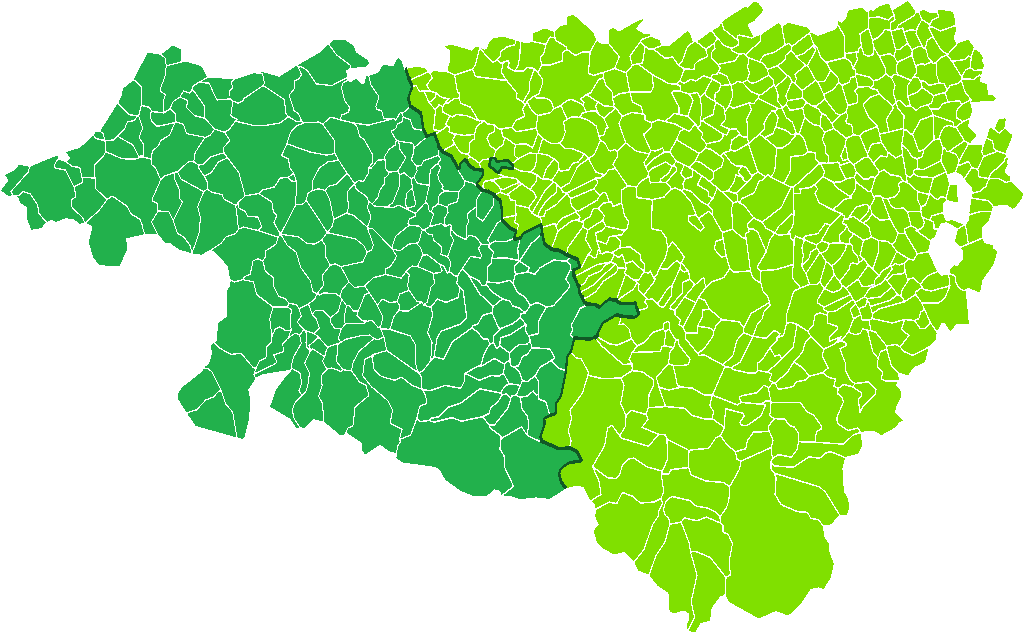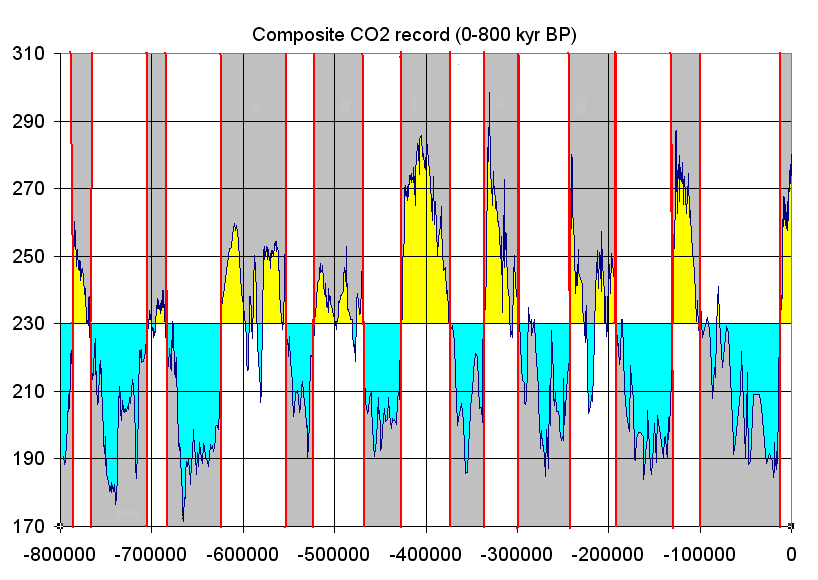|
Soule Monde
Soule ( Basque: Zuberoa; Zuberoan/ Soule Basque: Xiberoa or Xiberua; Occitan: ''Sola'') is a former viscounty and French province and part of the present-day Pyrénées-Atlantiques '' département''. It is divided into two cantons of the arrondissement (district) of Oloron-Sainte-Marie (Mauleon-Licharre and Tardets-Sorholus), and a part of the canton of Saint Palais (arrondissement of Bayonne). Its provincial capital is Mauléon, which fused with Licharre in 1841 to form " Mauléon-Licharre", but today is often known as "Mauléon-Soule". Historically, Soule is the smallest province of the Basque Country (785 km2; 303 sq. mi.). Its population has been decreasing (23,803 in 1901; 16,006 in 1990; 15,535 in 1999). Etymology The territory is named ''Xiberoa'' in Souletin Basque, ''Zuberoa'' in standard Basque, ''Sola'' in Gascon and ''Soule'' in French; all of them derivate from ''Subola'', previous name of the region attested for the first time in the year 635 in the ... [...More Info...] [...Related Items...] OR: [Wikipedia] [Google] [Baidu] |
Pyrénées-Atlantiques
Pyrénées-Atlantiques (; Gascon Occitan: ''Pirenèus Atlantics''; eu, Pirinio Atlantiarrak or ) is a department in the southwest corner of France and of the region of Nouvelle-Aquitaine. Named after the Pyrenees mountain range and the Atlantic Ocean, it covers the French Basque Country and the Béarn. Its prefecture is Pau. In 2019, it had a population of 682,621.Populations légales 2019: 64 Pyrénées-Atlantiques INSEE History Originally named Basses-Pyrénées, it is one of the first 83 created during the |
Basque People
The Basques ( or ; eu, euskaldunak ; es, vascos ; french: basques ) are a Southwestern European ethnic group, characterised by the Basque language, a common culture and shared genetic ancestry to the ancient Vascones and Aquitanians. Basques are indigenous to, and primarily inhabit, an area traditionally known as the Basque Country ( eu, Euskal Herria) — a region that is located around the western end of the Pyrenees on the coast of the Bay of Biscay and straddles parts of north-central Spain and south-western France. Etymology The English word ''Basque'' may be pronounced or and derives from the French ''Basque'' (), itself derived from Gascon ''Basco'' (pronounced ), cognate with Spanish ''Vasco ''(pronounced ). Those, in turn, come from Latin ''Vascō'' (pronounced ; plural '' Vascōnes''—see history section below). The Latin generally evolved into the bilabials and in Gascon and Spanish, probably under the influence of Basque and the related Aquitani ... [...More Info...] [...Related Items...] OR: [Wikipedia] [Google] [Baidu] |
Neolithic
The Neolithic period, or New Stone Age, is an Old World archaeological period and the final division of the Stone Age. It saw the Neolithic Revolution, a wide-ranging set of developments that appear to have arisen independently in several parts of the world. This "Neolithic package" included the introduction of farming, domestication of animals, and change from a hunter-gatherer lifestyle to one of settlement. It began about 12,000 years ago when farming appeared in the Epipalaeolithic Near East, and later in other parts of the world. The Neolithic lasted in the Near East until the transitional period of the Chalcolithic (Copper Age) from about 6,500 years ago (4500 BC), marked by the development of metallurgy, leading up to the Bronze Age and Iron Age. In other places the Neolithic followed the Mesolithic (Middle Stone Age) and then lasted until later. In Ancient Egypt, the Neolithic lasted until the Protodynastic period, 3150 BC.Karin Sowada and Peter Grave. Egypt in th ... [...More Info...] [...Related Items...] OR: [Wikipedia] [Google] [Baidu] |
Aussurucq
Aussurucq (; ) is a commune in the Pyrénées-Atlantiques department in the Nouvelle-Aquitaine region of south-western France. The inhabitants are known as ''Altzürükütar''.Euskaltzaindia - Academy of the Basque Language [...More Info...] [...Related Items...] OR: [Wikipedia] [Google] [Baidu] |
Neanderthal
Neanderthals (, also ''Homo neanderthalensis'' and erroneously ''Homo sapiens neanderthalensis''), also written as Neandertals, are an extinct species or subspecies of archaic humans who lived in Eurasia until about 40,000 years ago. While the "causes of Neanderthal disappearance about 40,000 years ago remain highly contested," demographic factors such as small population size, inbreeding and genetic drift, are considered probable factors. Other scholars have proposed competitive replacement, assimilation into the modern human genome (bred into extinction), great climatic change, disease, or a combination of these factors. It is unclear when the line of Neanderthals split from that of modern humans; studies have produced various intervals ranging from 315,000 to more than 800,000 years ago. The date of divergence of Neanderthals from their ancestor ''H. heidelbergensis'' is also unclear. The oldest potential Neanderthal bones date to 430,000 years ago, but the classification ... [...More Info...] [...Related Items...] OR: [Wikipedia] [Google] [Baidu] |
Middle Paleolithic
The Middle Paleolithic (or Middle Palaeolithic) is the second subdivision of the Paleolithic or Old Stone Age as it is understood in Europe, Africa and Asia. The term Middle Stone Age is used as an equivalent or a synonym for the Middle Paleolithic in African archeology. The Middle Paleolithic broadly spanned from 300,000 to 30,000 years ago. There are considerable dating differences between regions. The Middle Paleolithic was succeeded by the Upper Paleolithic subdivision which first began between 50,000 and 40,000 years ago. Pettit and White date the Early Middle Paleolithic in Great Britain to about 325,000 to 180,000 years ago (late Marine Isotope Stage 9 to late Marine Isotope Stage 7), and the Late Middle Paleolithic as about 60,000 to 35,000 years ago. According to the theory of the recent African origin of modern humans, anatomically modern humans began migrating out of Africa during the Middle Stone Age/Middle Paleolithic around 125,000 years ago and began to replace e ... [...More Info...] [...Related Items...] OR: [Wikipedia] [Google] [Baidu] |
Protohistory
Protohistory is a period between prehistory and history during which a culture or civilization has not yet developed writing, but other cultures have already noted the existence of those pre-literate groups in their own writings. For example, in Europe, the Celts and the Germanic tribes are considered to have been protohistoric when they began appearing in Greek and Roman sources. Protohistoric may also refer to the transition period between the advent of literacy in a society and the writings of the first historians. The preservation of oral traditions may complicate matters, as they can provide a secondary historical source for even earlier events. Colonial sites involving a literate group and a nonliterate group are also studied as protohistoric situations. The term can also refer to a period in which fragmentary or external historical documents, not necessarily including a developed writing system, have been found. For instance, the Proto–Three Kingdoms of Korea, the Yayo ... [...More Info...] [...Related Items...] OR: [Wikipedia] [Google] [Baidu] |
Neolithic
The Neolithic period, or New Stone Age, is an Old World archaeological period and the final division of the Stone Age. It saw the Neolithic Revolution, a wide-ranging set of developments that appear to have arisen independently in several parts of the world. This "Neolithic package" included the introduction of farming, domestication of animals, and change from a hunter-gatherer lifestyle to one of settlement. It began about 12,000 years ago when farming appeared in the Epipalaeolithic Near East, and later in other parts of the world. The Neolithic lasted in the Near East until the transitional period of the Chalcolithic (Copper Age) from about 6,500 years ago (4500 BC), marked by the development of metallurgy, leading up to the Bronze Age and Iron Age. In other places the Neolithic followed the Mesolithic (Middle Stone Age) and then lasted until later. In Ancient Egypt, the Neolithic lasted until the Protodynastic period, 3150 BC.Karin Sowada and Peter Grave. Egypt in th ... [...More Info...] [...Related Items...] OR: [Wikipedia] [Google] [Baidu] |
Glaciation
A glacial period (alternatively glacial or glaciation) is an interval of time (thousands of years) within an ice age that is marked by colder temperatures and glacier advances. Interglacials, on the other hand, are periods of warmer climate between glacial periods. The Last Glacial Period ended about 15,000 years ago. The Holocene is the current interglacial. A time with no glaciers on Earth is considered a greenhouse climate state. Quaternary Period Within the Quaternary, which started about 2.6 million years before present, there have been a number of glacials and interglacials. At least eight glacial cycles have occurred in the last 740,000 years alone. Penultimate Glacial Period The Penultimate Glacial Period (PGP) is the glacial period that occurred before the Last Glacial Period. It began about 194,000 years ago and ended 135,000 years ago, with the beginning of the Eemian interglacial. Last Glacial Period The last glacial period was the most recent glacial period ... [...More Info...] [...Related Items...] OR: [Wikipedia] [Google] [Baidu] |
Pliny The Elder
Gaius Plinius Secundus (AD 23/2479), called Pliny the Elder (), was a Roman author, naturalist and natural philosopher, and naval and army commander of the early Roman Empire, and a friend of the emperor Vespasian. He wrote the encyclopedic ''Naturalis Historia'' (''Natural History''), which became an editorial model for encyclopedias. He spent most of his spare time studying, writing, and investigating natural and geographic phenomena in the field. His nephew, Pliny the Younger, wrote of him in a letter to the historian Tacitus: Among Pliny's greatest works was the twenty-volume work ''Bella Germaniae'' ("The History of the German Wars"), which is no longer extant. ''Bella Germaniae'', which began where Aufidius Bassus' ''Libri Belli Germanici'' ("The War with the Germans") left off, was used as a source by other prominent Roman historians, including Plutarch, Tacitus and Suetonius. Tacitus—who many scholars agree had never travelled in Germania—used ''Bella Germani ... [...More Info...] [...Related Items...] OR: [Wikipedia] [Google] [Baidu] |
Commentarii De Bello Gallico
''Commentarii de Bello Gallico'' (; en, Commentaries on the Gallic War, italic=yes), also ''Bellum Gallicum'' ( en, Gallic War, italic=yes), is Julius Caesar's firsthand account of the Gallic Wars, written as a third-person narrative. In it Caesar describes the battles and intrigues that took place in the nine years he spent fighting the Celtic and Germanic peoples in Gaul that opposed Roman conquest. The "Gaul" that Caesar refers to is ambiguous, as the term had various connotations in Roman writing and discourse during Caesar's time. Generally, Gaul included all of the regions primarily inhabited by Celts, aside from the province of Gallia Narbonensis (modern-day Provence and Languedoc-Roussillon), which had already been conquered in Caesar's time, therefore encompassing the rest of modern France, Belgium, Western Germany, and parts of Switzerland. As the Roman Republic made inroads deeper into Celtic territory and conquered more land, the definition of "Gaul" shifted. Concu ... [...More Info...] [...Related Items...] OR: [Wikipedia] [Google] [Baidu] |
Julius Caesar
Gaius Julius Caesar (; ; 12 July 100 BC – 15 March 44 BC), was a Roman general and statesman. A member of the First Triumvirate, Caesar led the Roman armies in the Gallic Wars before defeating his political rival Pompey in a civil war, and subsequently became dictator from 49 BC until his assassination in 44 BC. He played a critical role in the events that led to the demise of the Roman Republic and the rise of the Roman Empire. In 60 BC, Caesar, Crassus and Pompey formed the First Triumvirate, an informal political alliance that dominated Roman politics for several years. Their attempts to amass power as were opposed by the within the Roman Senate, among them Cato the Younger with the frequent support of Cicero. Caesar rose to become one of the most powerful politicians in the Roman Republic through a string of military victories in the Gallic Wars, completed by 51 BC, which greatly extended Roman territory. During this time he both invaded Britain and built a b ... [...More Info...] [...Related Items...] OR: [Wikipedia] [Google] [Baidu] |








